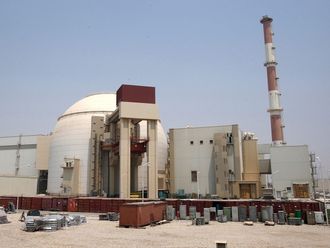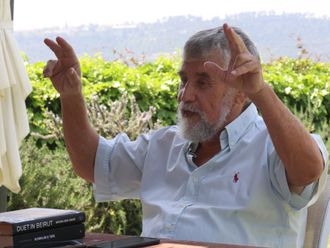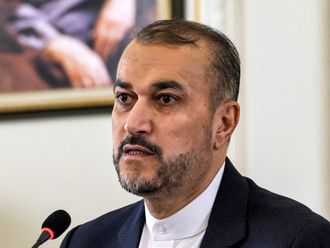Istanbul: Turkish police detained Gultan Kisanak, the female mayor of the nation’s largest and most symbolically important Kurdish-majority city, on terrorism charges late on Tuesday.
Kisanak was detained at Diyarbakir’s airport as part of an investigation into the PKK, according to the official Anadolu news agency. The Kurdish militant group is considered by Turkey, the US and European Union to be a terrorist organisation. Kisanak is Diyarbakir’s first female mayor and a former member of parliament.
The Peoples’ Democratic Party, Turkey’s main pro-Kurdish group in parliament, condemned the detention and urged her immediate release. It also called for nationwide protests on Wednesday.
The Diyarbakir mayor is the highest-profile Kurdish politician to be detained since Turkey’s Islamist-rooted government granted itself emergency powers after a July 15 coup attempt that it blames on a rival Islamist movement.
“The reverberation of this decision will have a considerable impact on Turkish domestic politics and will have reverberations on foreign policy,” Aaron Stein, a fellow at the Atlantic Council in Washington, said on Twitter. “This will contribute to the cycle of violence” and may be used to justify assassination attempts against ruling party officials by the PKK, he said.
Violence in Turkey’s Kurdish-majority regions has escalated along with the civil war in Syria, where warring Kurdish and Islamist militias have been fighting for territory lost by the central government in Damascus. Turkey sent troops into Syria in August partly to prevent gains by Kurdish militant groups on the border.
Kisanak, 55, was imprisoned in Diyarbakir for four-and-a-half years in the aftermath of a 1980 military coup, where she says she was regularly tortured and sexually abused. In an interview with Mideast news website Al Monitor last year, she said she was planning to convert the Diyarbakir prison into a museum.
Turkey’s government has already used its emergency powers to remove elected Kurdish officials in smaller municipalities and replace them with government appointees. That’s part of a sweeping purge that’s seen tens of thousands imprisoned and many more lose their jobs.












